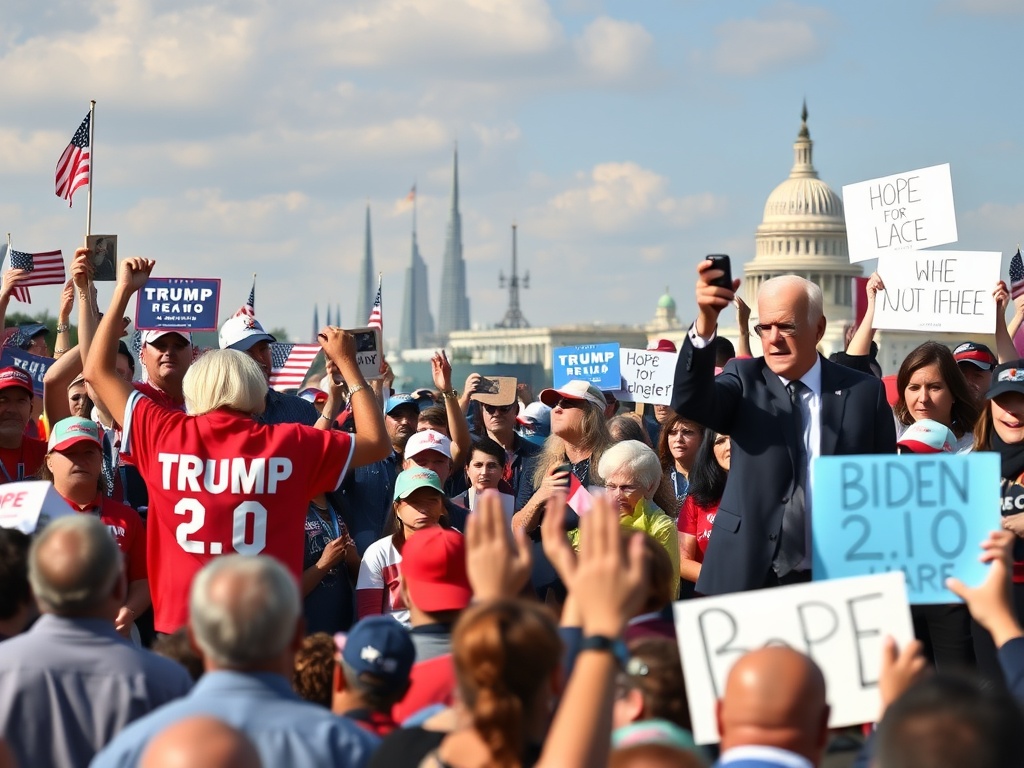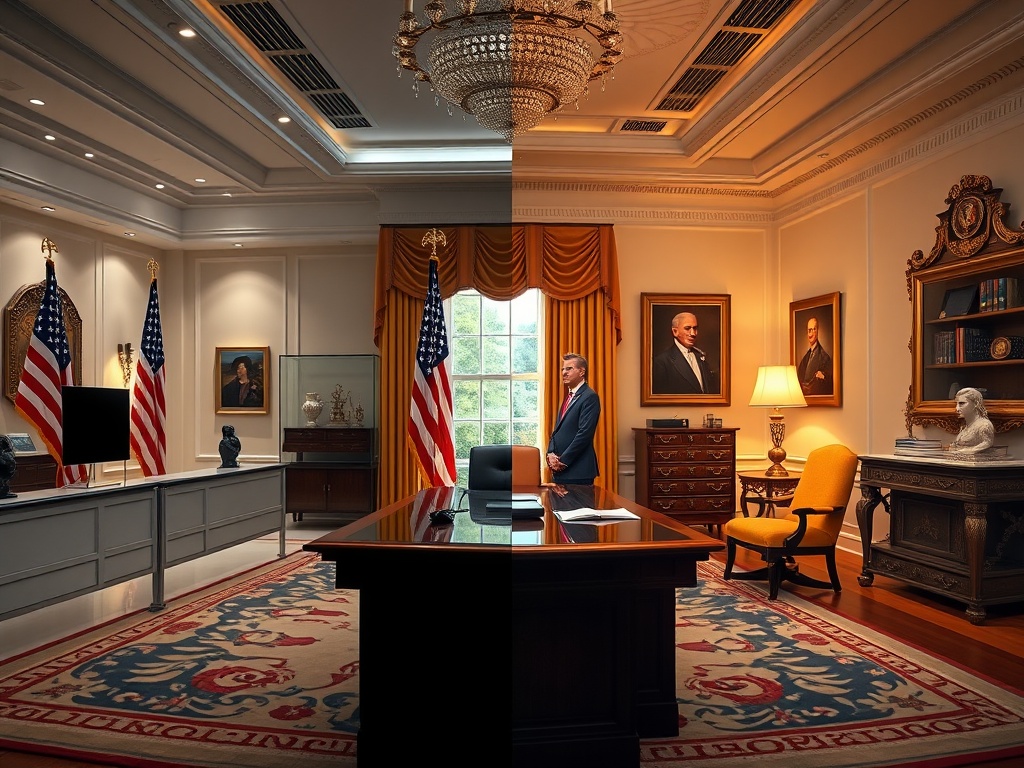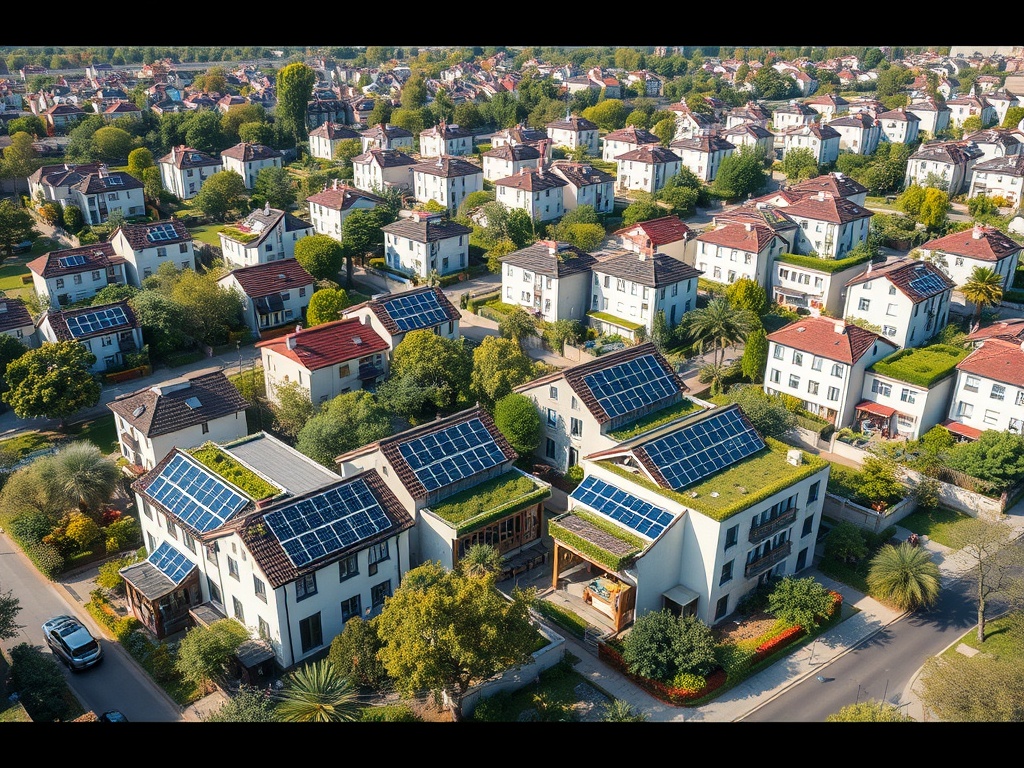Trump 2.0: A Reflection on Biden’s Term

We are merely a month into Donald Trump’s second term as president, and already it is starting to echo the dynamics of Joe Biden’s first term in office. How can Trump 2.0 possibly resemble Biden 1.0? While it’s true that Biden did not proclaim himself a monarch, adorning himself with a crown like “King Trump” did on social media this week, there are intriguing parallels to consider.
Despite their stark differences—Biden did not engage in flattery towards authoritarian leaders or endeavor to dismantle the federal government with reckless abandon—both presidents exhibit a penchant for embellishing their accomplishments. For instance, Trump recently claimed in an interview that his advisers had told him on the eve of the pandemic, “Sir, if George Washington and Abraham Lincoln got together and ran for president and vice president, they couldn’t beat you.” Such grandiose comparisons to two of America’s most revered leaders are reminiscent of how Biden’s team promoted him as a modern-day Franklin D. Roosevelt, infused with a touch of Lyndon B. Johnson. After his first year in office, Biden gathered a group of presidential historians at the White House and said, “I’m no FDR, but…” in a manner that almost begged for a rebuttal.
Biden touted his $1 trillion infrastructure law as being on par with FDR’s New Deal and LBJ’s Great Society programs, despite the fact that he allocated $42 billion of that funding to expanding internet access without managing to connect a single individual.
Another striking similarity is their disregard for allies. While Americans hold the capacity for shame, both Trump and Biden have acted in ways that could be seen as betrayals. Biden’s popularity took a significant hit following his withdrawal from Afghanistan, a decision that left many Americans disillusioned. The public is acutely aware of Russia’s invasion of Ukraine and recognizes that Volodymyr Zelensky stands as a far superior leader compared to Vladimir Putin. Contrary to Trump’s assertions, Zelensky is no “dictator.” The notion of “peace without honor” is a direct contradiction to the idea of “peace through strength.”
Trump’s approval ratings are already starting to decline. Recent polls indicate that his approval is hovering between 44% and 47%, with a Washington Post-Ipsos survey revealing that only 43% of Americans support his actions thus far. Alarmingly, just one-third of independent voters expressed approval, while 53% disapproved of his management of the federal government, much of which has been outsourced to Elon Musk and his controversial methods.
On immigration, the numbers are tightly contested, with 50% approving of Trump’s stance and 48% disapproving—a surprisingly close margin. However, the significant concern for most Americans lies in their confidence regarding Trump’s handling of the economy. Only 45% believe he is managing economic affairs well, while 53% disagree, illustrating a growing disconnect between the administration’s policies and the electorate’s expectations.
As inflation trends upward at 3%, the looming threat of increased prices due to tariffs, along with the potential loss of tens of thousands of government jobs, threatens to tarnish the sheen of Trump’s presidency. Drastic cuts and foreign policy betrayals may not hold much weight if the U.S. economy begins to flourish. Yet, if it falters, Trump could find himself in a situation strikingly similar to Biden’s early challenges.
Another shared trait between these two presidents is the insistence that “Only I can fix it.” At 78, just a few months older than Biden was at the same point in his presidency, Trump is fiercely determined to retain his grip on power. Rather than grooming an heir like J.D. Vance, Trump views the vice presidency as lacking the charisma he believes he possesses. When questioned by Fox News about whether he sees Vance as his successor, Trump curtly replied, “No, but he’s very capable.”
Vance kicked off this week’s Conservative Political Action Conference (CPAC), a significant gathering for Republicans in Washington, discussing the importance of the “masculine urge.” However, his session failed to generate much excitement; the real buzz came later that evening when Musk entertained the crowd wielding a literal chainsaw, ahead of Trump’s closing remarks the following day. Trump seems to prefer Musk over Vance, largely because Musk’s South African birth prevents him from becoming U.S. president. If given a choice, Trump would likely opt for a third term for himself.
At a Black History Month event at the White House, Trump asked the audience, “Should I run again? You tell me,” and was met with the enthusiastic chant, “Four more years!” Like Kamala Harris, Vance will have to stifle his aspirations and bide his time. Trump is wary of being perceived as a lame duck and will not easily create space for Vance. However, as with Biden, Father Time may ultimately impose its own plans.
Sarah Baxter is the director of the Marie Colvin Center for International Reporting.




